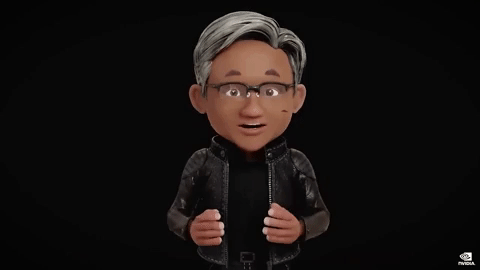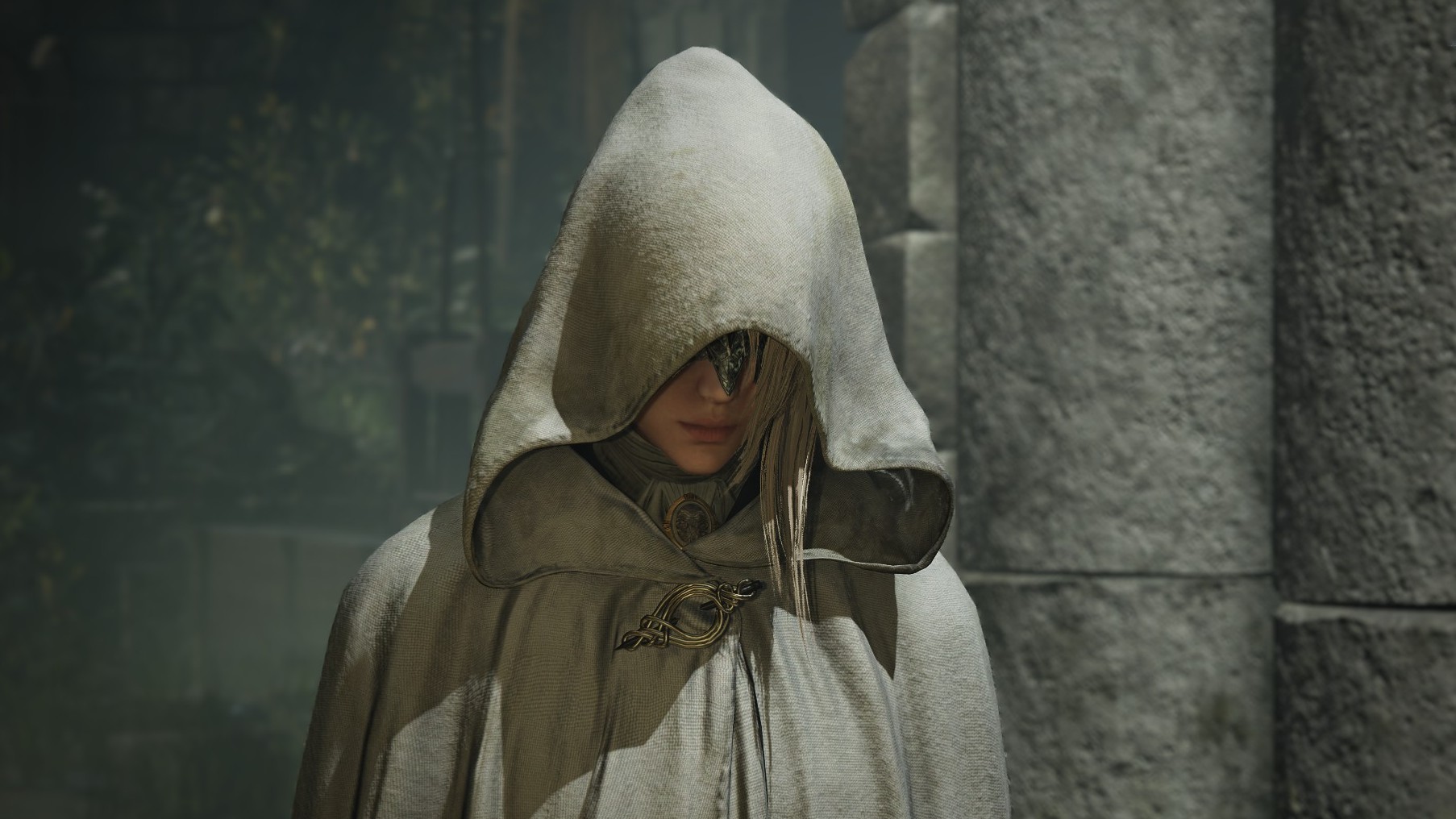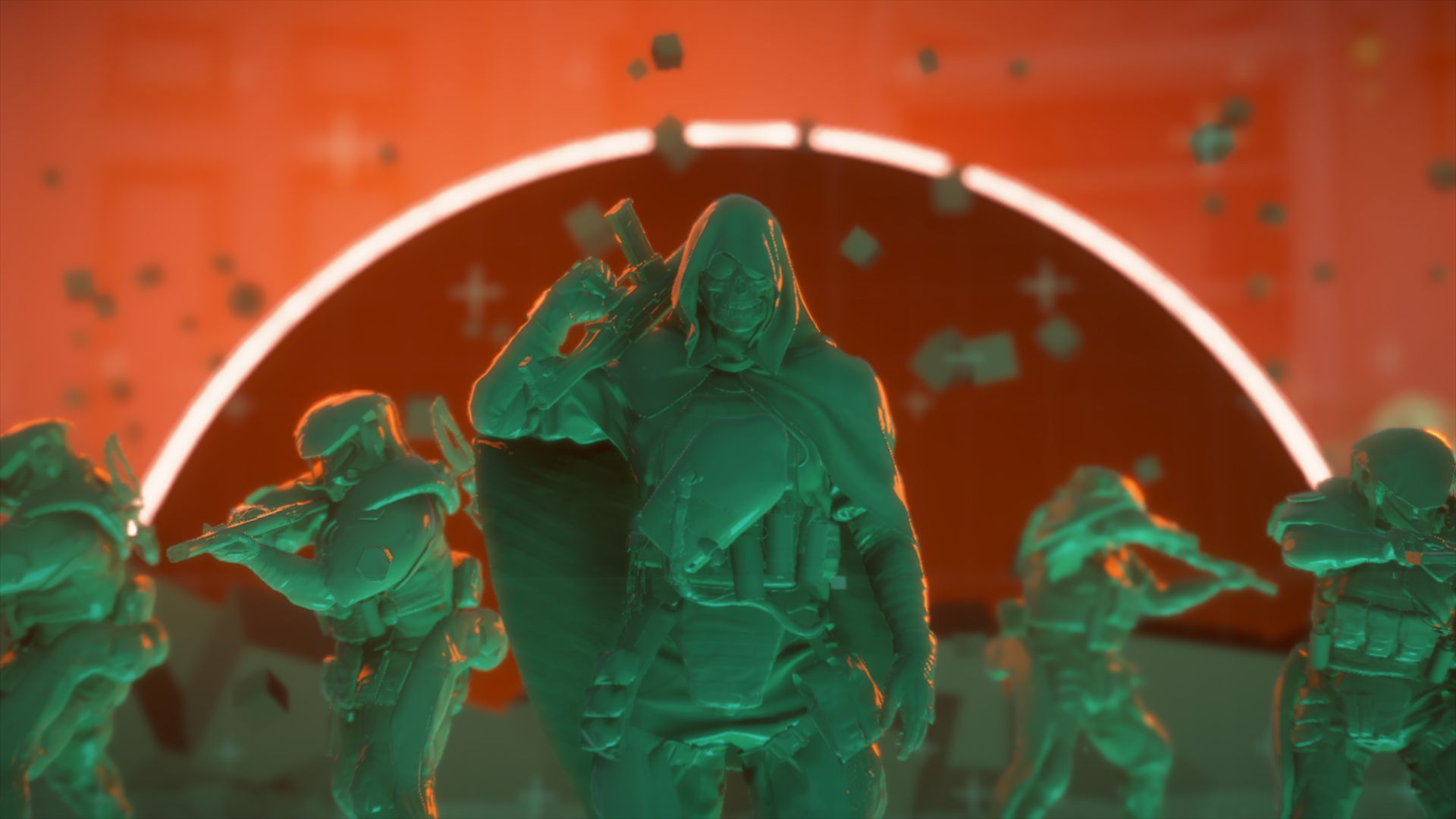
Jen-Hsun says "it'll make everything better… it'll make everything better."
Nvidia’s CEO, Jen-Hsun Huang, has called what OpenAI has done with ChatGPT “genuinely, one of the greatest things that has ever been done for computing.” And I’m confident his effusive praise for the AI chatbot is all about the tech and little to do with the fact that Nvidia is one of the tech world’s biggest indirect financial beneficiaries of ChatGPT’s recent viral success.
Conducting an informal ‘fireside chat’ at Berkley Haas University a few weeks back (via WCCFTech), Huang was asked about what he thinks about ChatGPT as a technology in a Q&A session, and he immediately said: “ChatGPT is a very, very big deal.” That was before going on to liken the viral AI phenomenon to the iPhone revolution and that it has “democratised computing in a very large way.”
“For a lot of people in the industry that have been working on this,” says Huang, “we’ve been waiting for this moment. This is the iPhone moment, if you will, of artificial intelligence. This is the time when all the big ideas about mobile computing came together in a product that everybody just kinda… ‘I see it, I see it.’
“For the entire 40 years that I have been in the industry we have done nothing but make computers harder and harder for people to program, and that’s why the technology divide has been so large. And the technology divide has been getting larger and larger. Except ’til one day. All of a sudden everybody can program a computer, literally everyone can program a computer.”
What Huang says about the complexity of computing and programming putting a barrier between people and the machines they use on a day-to-day basis is true, and in one fell swoop ChatGPT has shown that technological divide can be collapsed with an AI assistant.
Already I can ask ChatGPT to write me a little HTML code that improves my CMS, something that I would have to wait an age for our developers to get around to doing (and supply support tickets in triplicate). Just from a simple prompt and a little tidying up I can have that working almost immediately and without any real knowledge of the actual code.
Of course, therein lies the chance of that being an issue if ChatGPT, or another AI assistant decides to fire me some malicious code, and me being a dunce can’t tell before I jam it into my system. But equally it can provide me a way to access knowledge in a way that doesn’t immediately melt my brain as I try to learn it from an online textbook.
But Jen-Hsun also has other reasons for being so positive on what ChatGPT has wrought through its recent viral tear. At a time where the market value of tech companies is taking a huge hit, with a slowdown in the PC market a particular burden for the likes of Intel and AMD, Nvidia has seen its share price actually increase by 49% since the beginning of the year.
It’s now sitting at its highest point in the past six months, and that’s largely due to its position as the hardware powering AI computing, such as those used by OpenAI. That’s providing a huge tailwind for Nvidia at a point where its traditional revenue stream could be said to be stuttering.
(Image credit: Nvidia)
All that being said, Nvidia has been consistent in its championing of artificial intelligence, putting itself at the heart of research into the field. So, when Huang says he’s been waiting for this moment you’ve got to believe him.
(Image credit: Future)
Best CPU for gaming: The top chips from Intel and AMD
Best gaming motherboard: The right boards
Best graphics card: Your perfect pixel-pusher awaits
Best SSD for gaming: Get into the game ahead of the rest
“We have democratised computing,” says Huang. “It doesn’t matter if you’re a farmer, a doctor, a nurse, a frontline worker, travel agent, doesn’t matter, a small business, a restaurant owner, it doesn’t matter. Everybody is now a programmer, you just have to prompt this thing to write a program for you, to do something for you, automate something for you.
“We have done… what OpenAI has done, and what the team over there has done, genuinely is one of the greatest things that has ever been done for computing. We have democratised computing in a very, very large way. And I’m very, very excited about that.”


